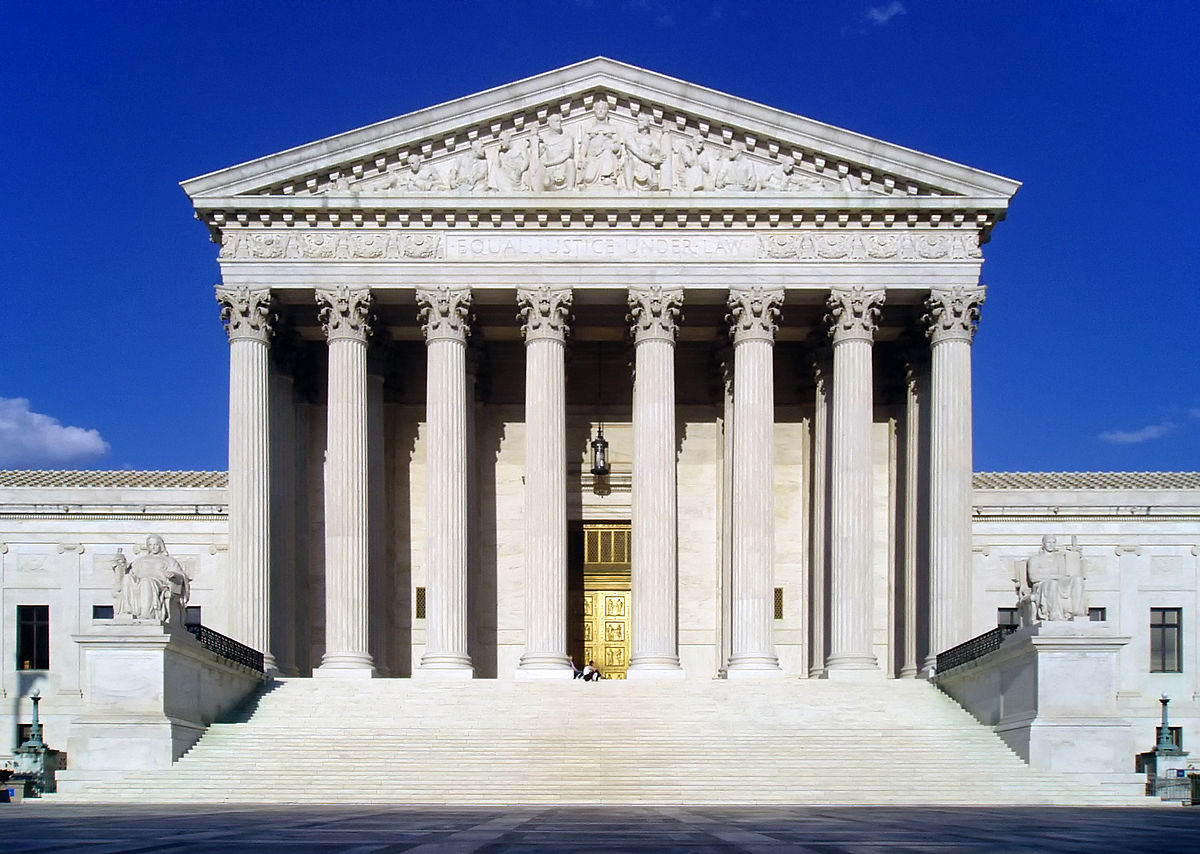WASHINGTON – The Supreme Court agreed today to decide whether Catholic Charities of the Diocese of Superior’s care for the poor, the elderly, and the disabled is part of its religious mission. In Catholic Charities Bureau v. Wisconsin Labor & Industry Review Commission, the Wisconsin Supreme Court ruled 4-3 earlier this year that Catholic Charities’ service to the poor and needy was not “typical” religious activity. This means that Catholic Charities is prevented from leaving the state’s unemployment compensation program and joining the Wisconsin Catholic Church’s own program. Represented by Becket, Catholic Charities is asking the Justices to protect its freedom to join the church program.
Most Catholic dioceses have a social ministry arm that serves those in need. Catholic Charities carries out this important work for the Diocese of Superior by helping the disabled, elderly, and those living in poverty—regardless of their faith. This requirement to serve everyone in need comes directly from Catholic social teaching and advances the church’s religious mission through the corporal works of mercy.
“Catholic Charities Bureau is on the front lines bringing love, healing, and hope to the most vulnerable members of our community,” said Bishop James P. Powers of the Diocese of Superior. “We pray the Court recognizes that this work of improving the human condition is our answer to Christ’s call to serve those in need.”
Under Wisconsin law, nonprofits that are operated for a religious purpose are generally exempt from the state’s unemployment compensation program. The Wisconsin Supreme Court, however, ruled that Catholic Charities was not exempt because it serves everyone, not just Catholics. The court said that Catholic Charities could qualify for an exemption only if it limited its hiring to Catholics and tried to convert those it served—even though the Catholic Church teaches that care for the poor cannot be conditioned on acceptance of the church’s teachings. The Justices will now decide if Catholic Charities, like other religious ministries in Wisconsin, can receive a religious exemption from this state law.
“Wisconsin is trying to make sure no good deed goes unpunished,” said Eric Rassbach, vice president and senior counsel at Becket. “Penalizing Catholic Charities for serving Catholics and non-Catholics alike is ridiculous and wrong. We are confident the Supreme Court will reject the Wisconsin Supreme Court’s absurd ruling.”
Catholic Charities Bureau is also represented by Kyle H. Torvinen of Torvinen, Jones & Saunders, S.C., in Superior.

